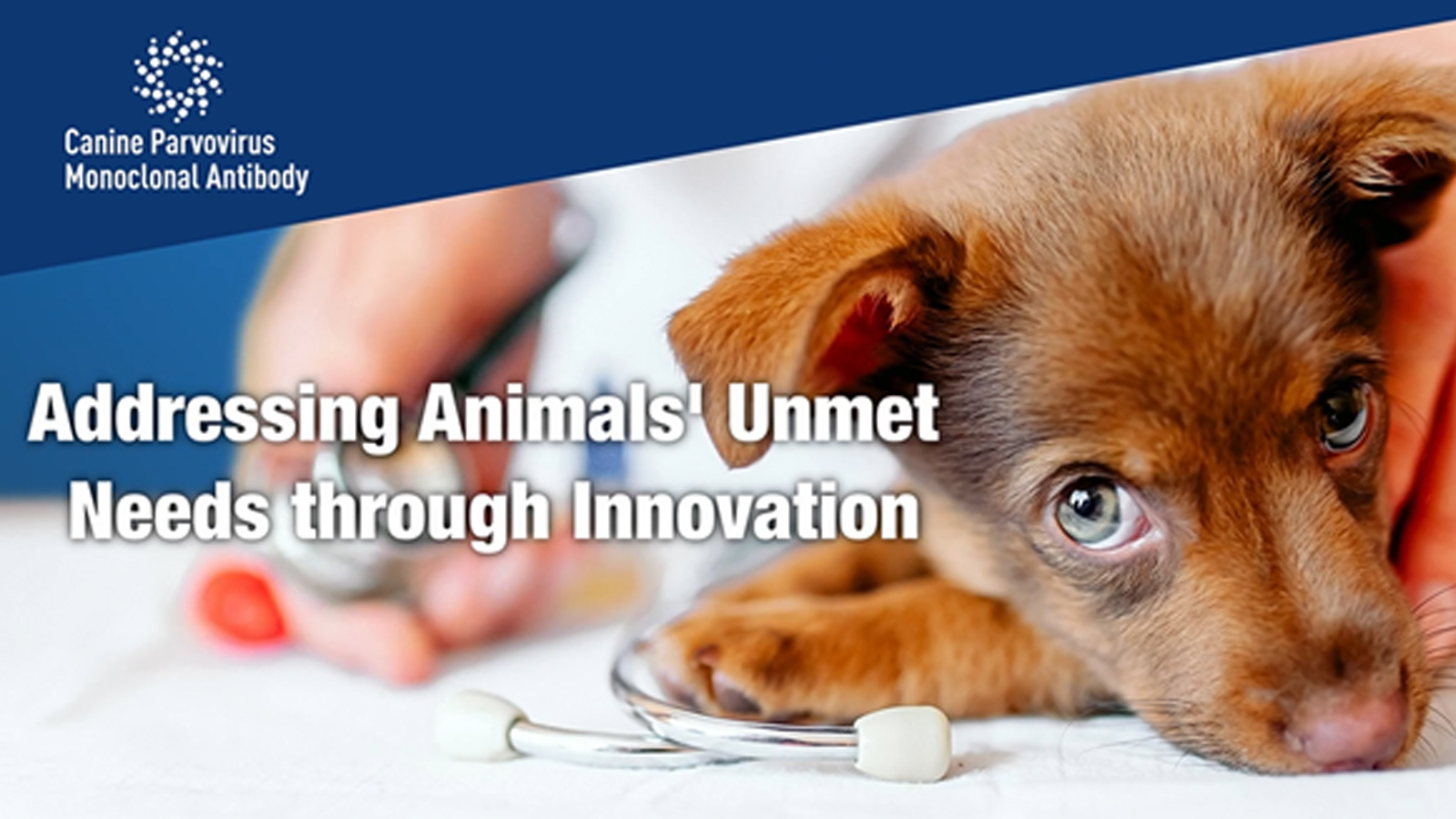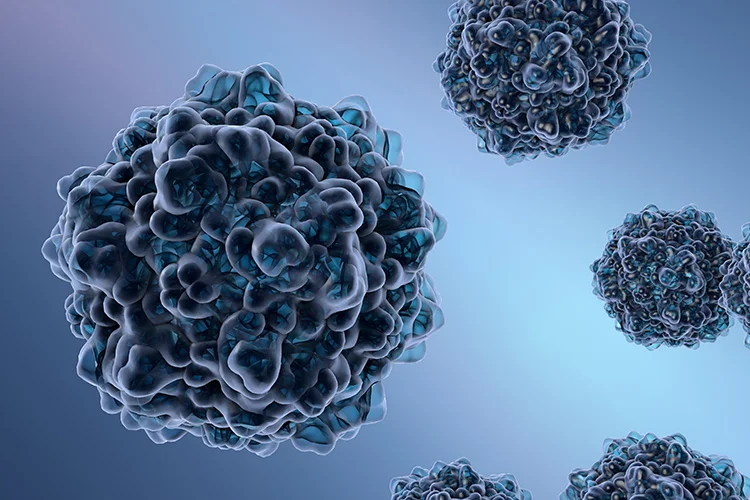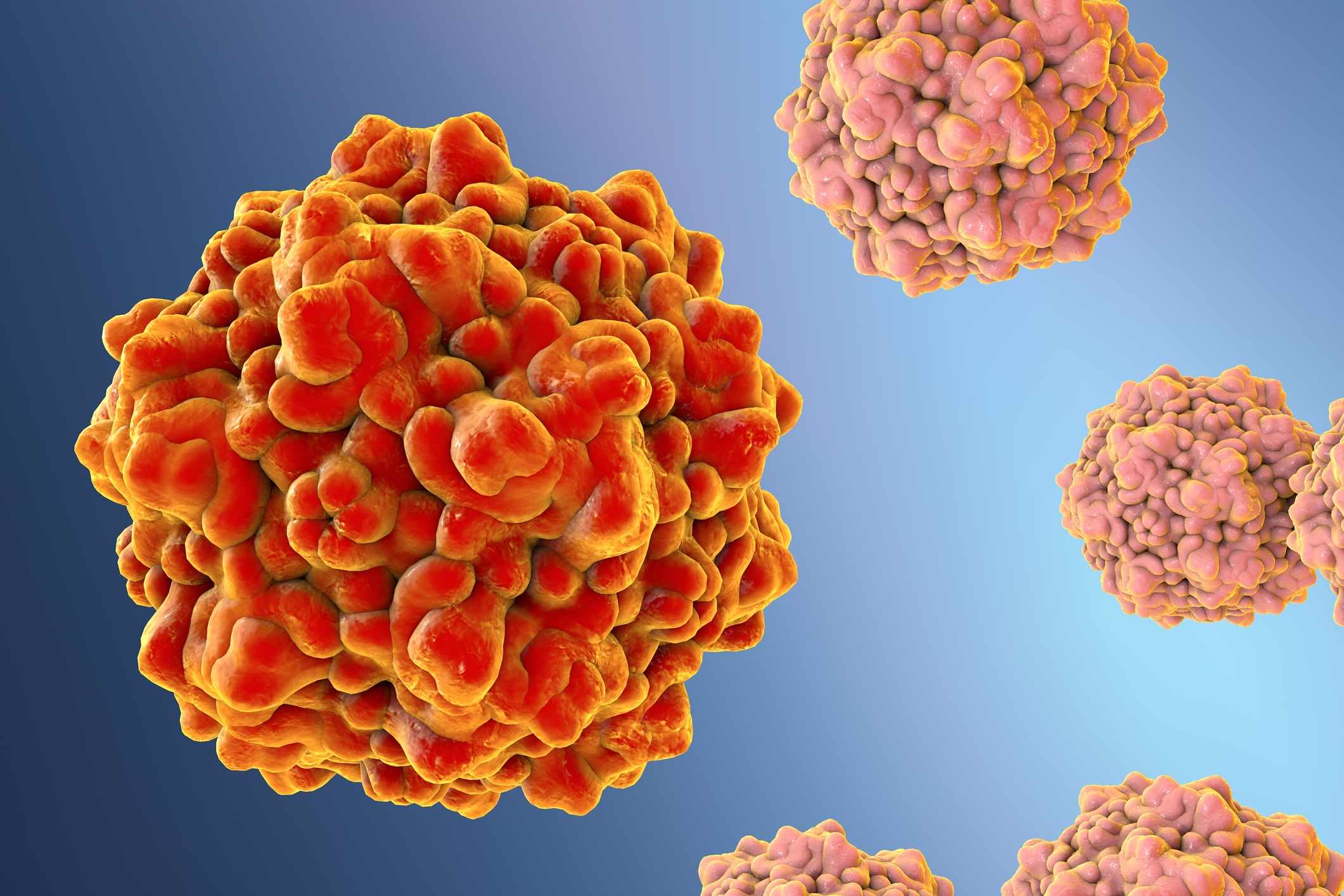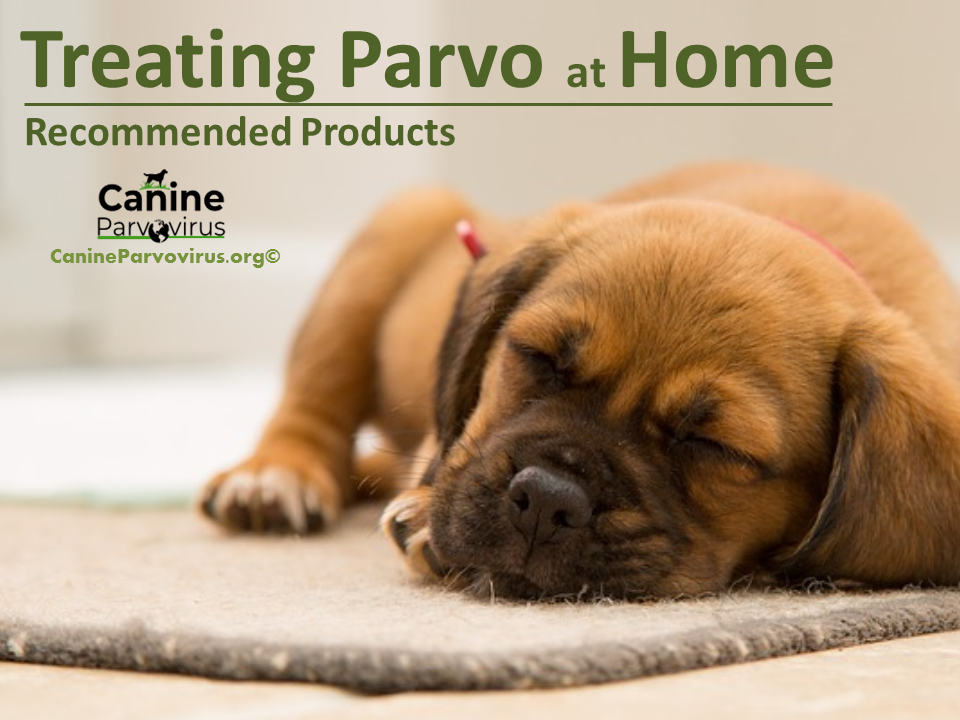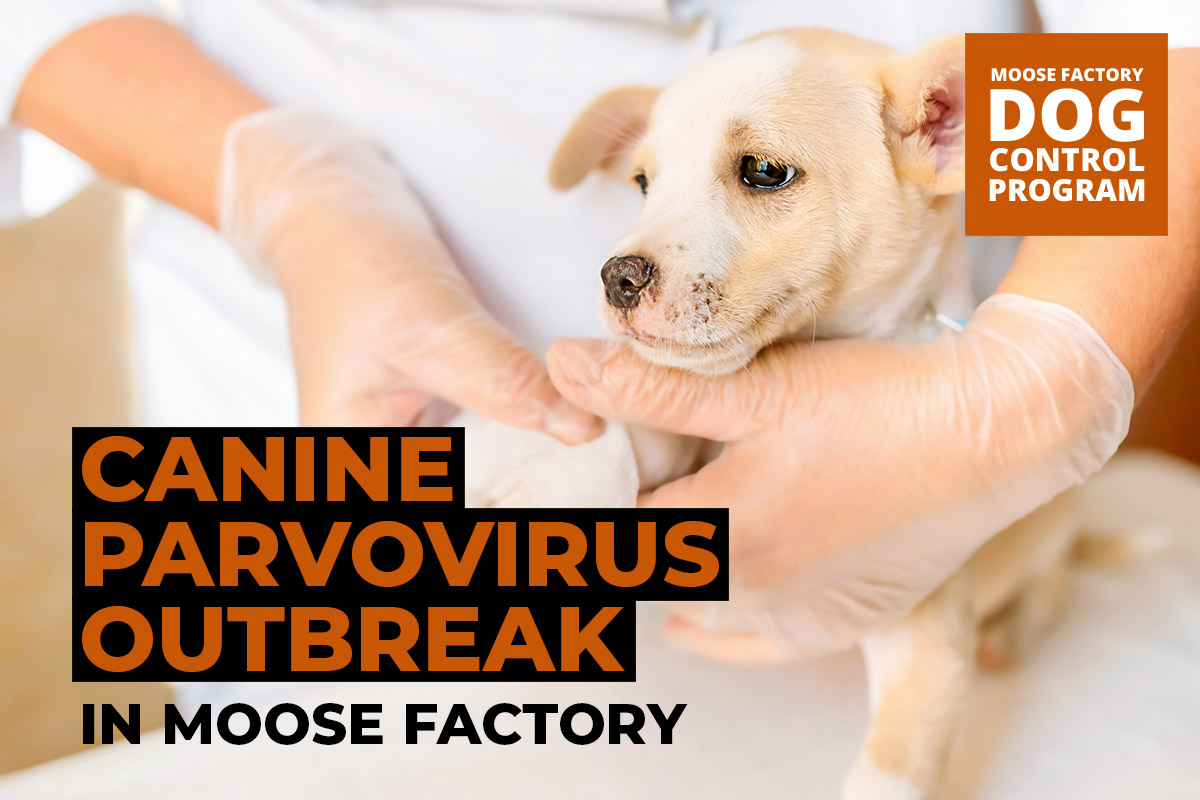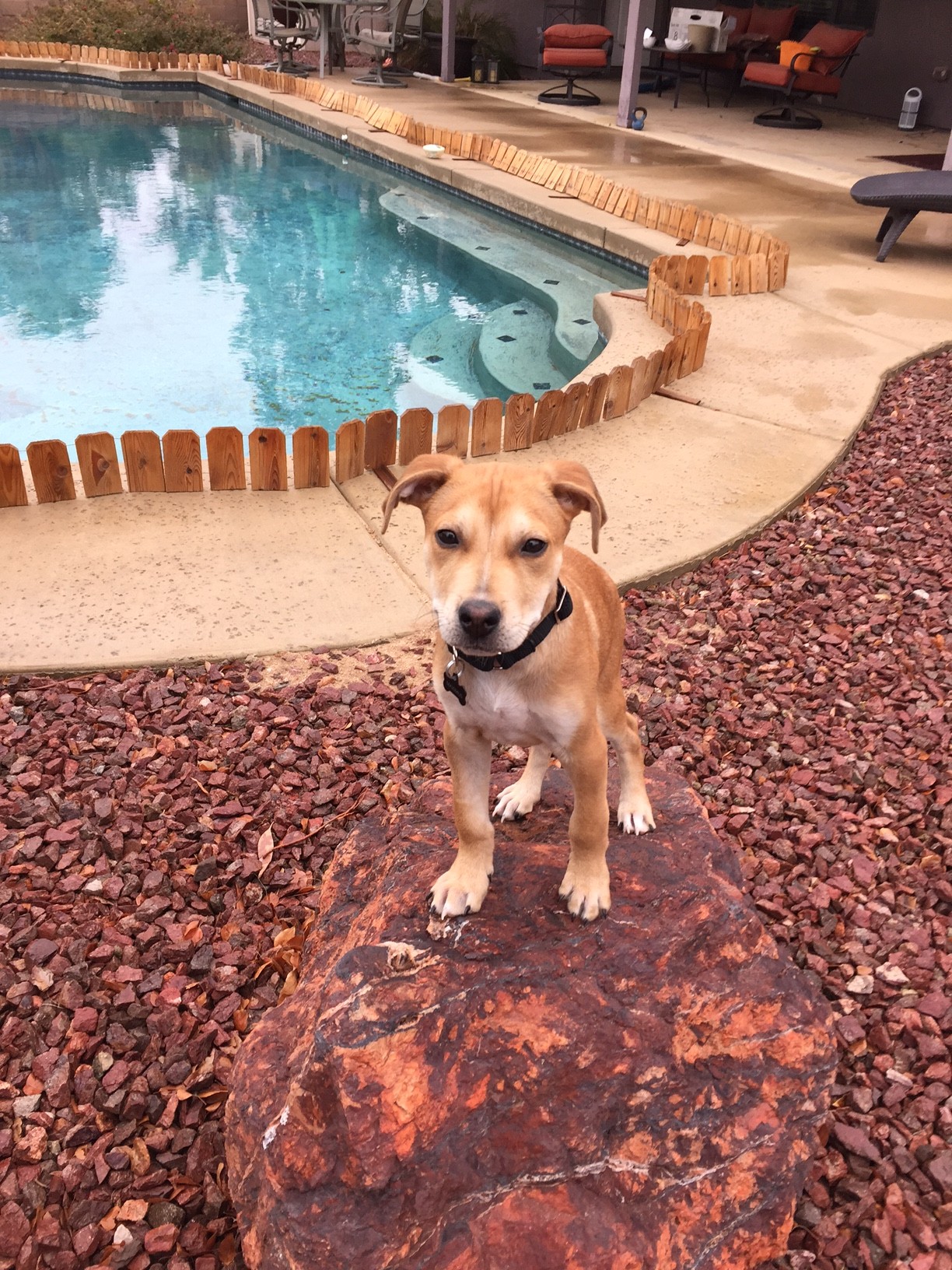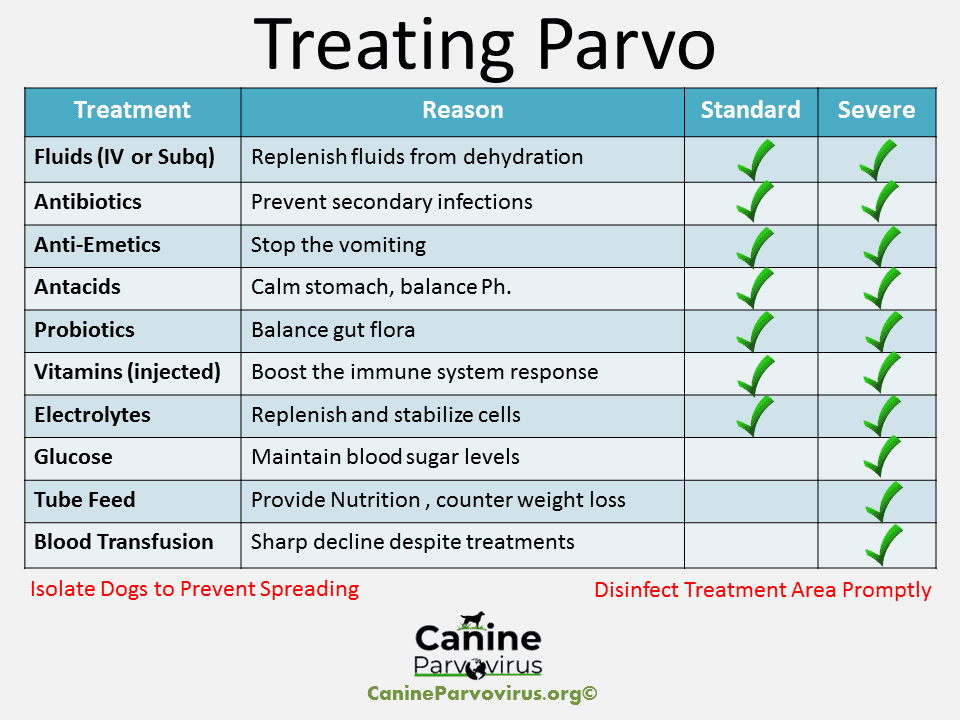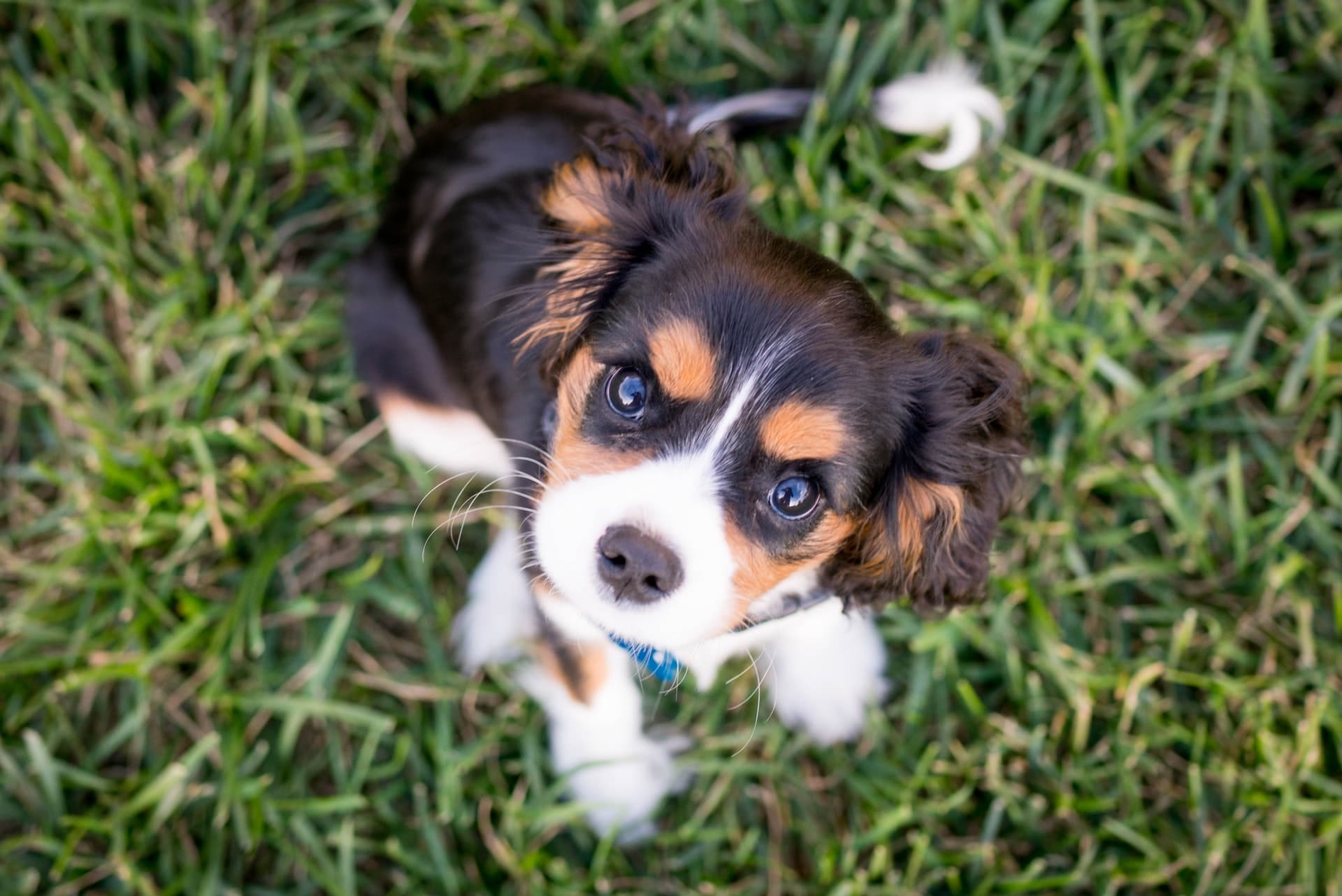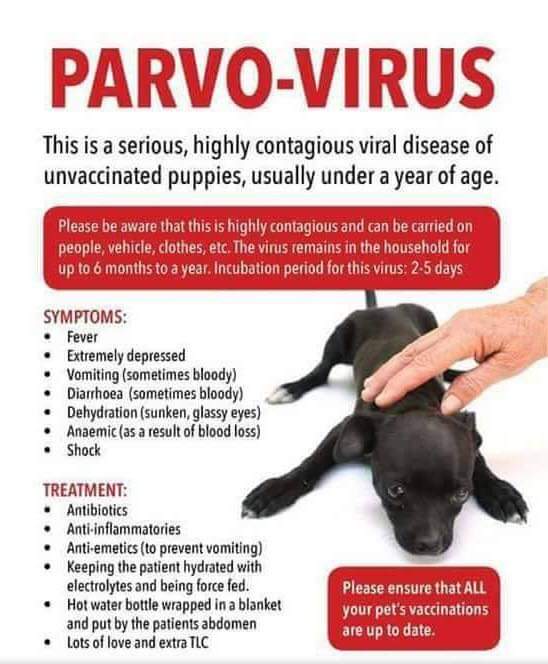Painstaking Lessons Of Info About How To Treat Canine Parvovirus

An infected dog sheds the parvovirus through feces, so transmission of parvo can occur when other dogs come in contact with those feces directly (via their nose or mouth), or indirectly (by touching contaminated items).
How to treat canine parvovirus. Learn about canine parvovirus, including clinical signs and prevention methods. Labrador retrievers how long are puppies with parvo contagious? Parvo is treated with supportive care, requiring your dog to stay in a veterinary hospital for about five to seven days.
They work the same way in dogs as they do for our health. Sadly, there is no cure for canine parvovirus (cpv), but there is a promising new treatment that may soon become available. This potentially fatal disease attacks rapidly, deteriorating a dog's bone marrow and gastrointestinal tract.
5 vaccination is strongly recommended for all healthy dogs regardless of geographic location, lifestyle, or age. If you’ve been in contact with dogs with or exposed to parvovirus, avoid handling other dogs, or wash your hands and change your clothes before doing so. Dhpp, dapp, da2pp, dhlpp, etc.
However (unlike rabies virus vaccination), parvovirus vaccination is not required by law. Is parvovirus contagious to other dogs? This recommendation stems from the highly.
Parvovirus spreads through body fluids, including in a dog’s poo and vomit. Antibiotics are antimicrobial drugs that are used to prevent bacterial infections. Routinely collect and properly dispose of your dog’s feces.
Puppies and adult dogs with parvo start shedding the virus within 4 to 5 days of exposure. The main goals of treatment for canine parvovirus enteritis include restoration of fluid, electrolyte, and metabolic abnormalities and prevention of secondary bacterial infection. Vaccination, along with limiting exposure in young puppies, is the most effective means of preventing parvoviral enteritis in dogs.
Parvo is highly contagious to other dogs and spreads very easily around dogs and puppies that are not up to date with their vaccinations. Studies have shown that the parvo vaccine is essential for protecting your dog. Parvovirus is treatable but due to the severity of the virus, it requires several days of hospitalisation, medication and intravenous fluids to support the dog through the disease.
New parvo miracle cure announced. How to protect your dog from getting parvo. Typically, veterinarians and pet parents have been doing their best to help sick dogs get through it by giving them special care.
A 1:30 bleach solution will destroy the infective virus. Sadly, the virus is quite aggressive and intensive treatment does not always prevent it being fatal. Whether a dog makes a full recovery depends on how seriously ill they are and how soon they were hospitalized after symptoms were present.
Canine parvovirus presents in two primary forms, each with its distinct characteristics: There is no cure, so dogs with parvovirus need very intensive care and medications to control their symptoms while their body tries to fight the infection. Originating from the feline parvovirus in the late 1970s, it swiftly propagated globally, instigating a pandemic in dogs.

